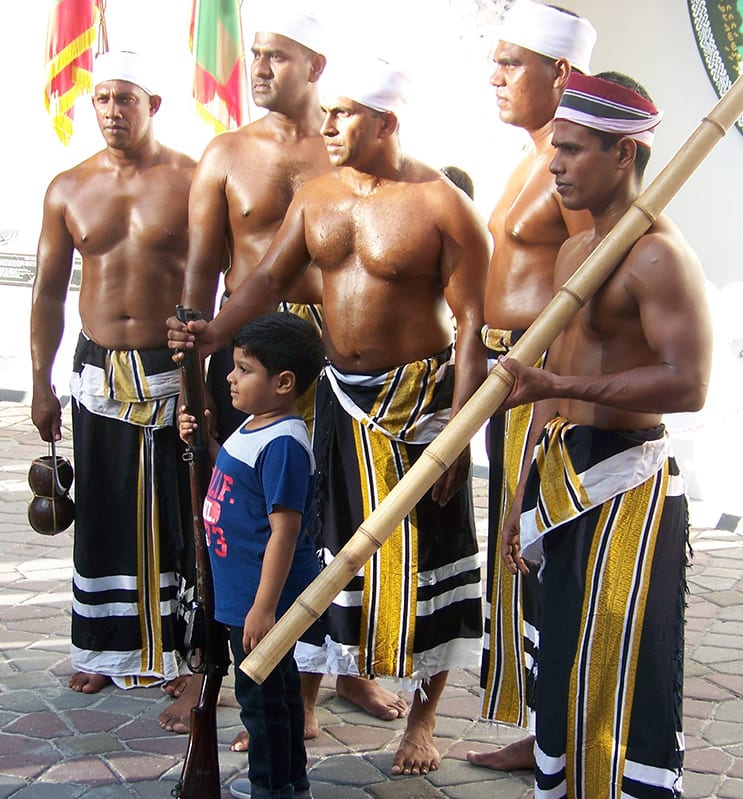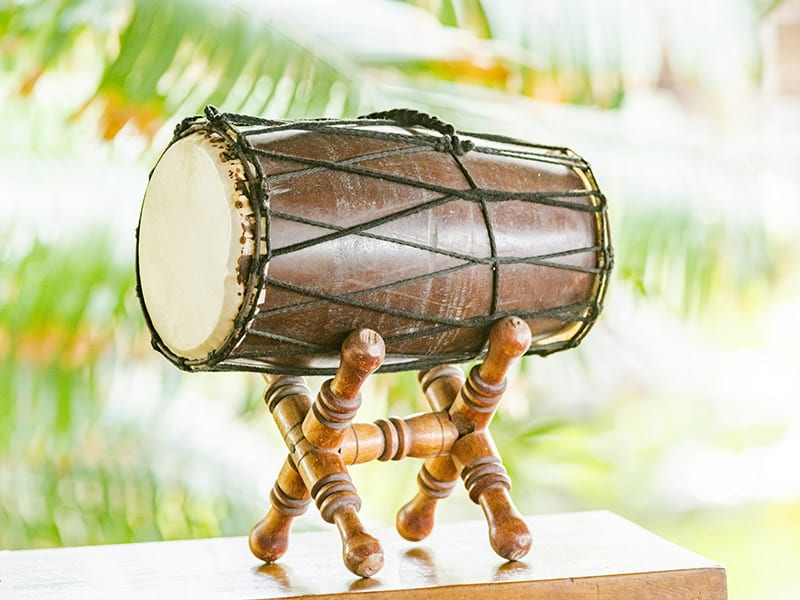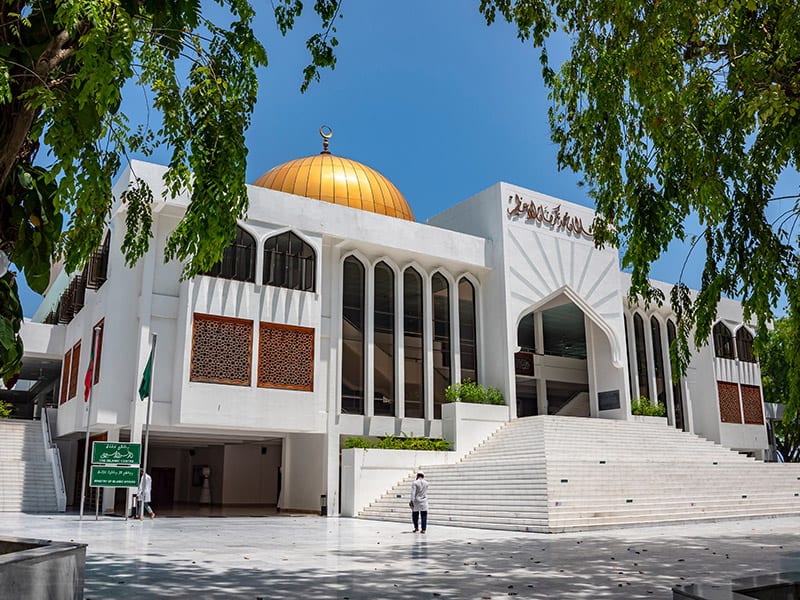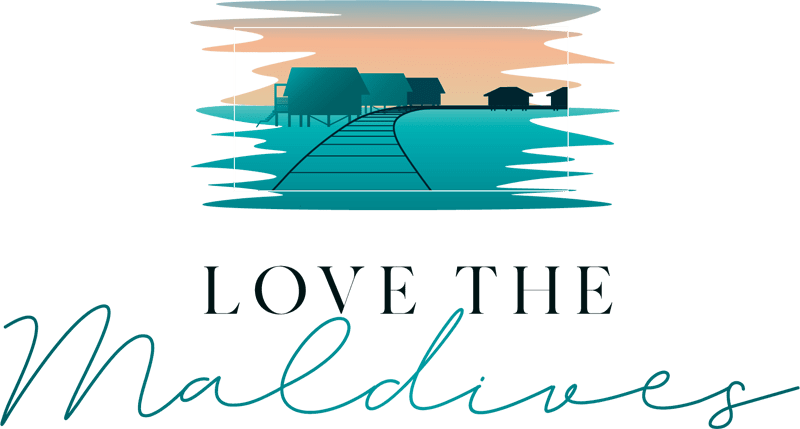Culture of the Maldives
Over the years, the Maldives has established its presence as the prime spot to go on vacation. It’s listed as a top 6 bucket list vacation spot by Forbes. Everyone knows about the Maldives and dreams to spend some precious vacation time there with friends and/or their partner. But do you really know about the Maldives?
It has a rich history and culture which is not highlighted as well as the amazing activities you can partake in while there. Below we highlight some of the notable historical facts about this beautiful place, and the cultural heritage of its inhabitants.
Brief historical notes of the Maldives
Legend has it that a Sri Lankan prince and his wife stopped by the Maldives during a journey and were asked to stay and rule the land. The Maldivian natives have strong ancestral roots tracing back to India and Sri Lanka. According to recent archaeological findings, the archipelago was inhabited as early as the 5th century BC by Buddhist peoples probably from Sri Lanka and India. The Maldives was a popular stopover location on busy trade routes due to its abundance in coconut, dried fish, and precious cowry shells (formerly used as currency at the time). The islands were in fact visited through the centuries by traders from Arab countries, Malaya, Madagascar, Indonesia, and China.
According to tradition, an Islamic scholar named Abul Barakaath Yoosuf al-Barbari introduced Islam unto the Island after saving the chief’s daughter from death. There was also the influx of Portuguese that tried to impose Christianity when they forcibly established themselves in Male from 1558 until their expulsion in 1573.
In the 17th century the Maldives was a sultanate under the protection of the Dutch rulers of Ceylon (Sri Lanka), and, after the British took possession of Ceylon, the islands became a British protectorate. This status was formalized in 1887 when the Sultan of the Maldives signed a deal with the British Government. It was agreed that an annual fee will be paid to the British Government in exchange for military protection, but the locals will have full control of their administration. This introduced the British influences unto the islands that last until 1965 when the Maldives attained full political independence from the British. The last British troops left on March 29, 1976, the date thereafter celebrated as Independence Day.
In 1968 the sultanate was abolished and a republic inaugurated. The Maldives became a member of the Commonwealth in 1982.
In 2008 a new constitution was adopted to modernize and democratize the Maldives, to improve human rights and the system of governance.

Legend has it that a Sri Lankan prince and his wife stopped by the Maldives during a journey and were asked to stay and rule the land. The Maldivian natives have strong ancestral roots tracing back to India and Sri Lanka. From recent archaeological findings, it was noticed that Aryans from Sri Lanka and India began to emigrate to the Maldivian islands. It was a popular stopover location on busy trade routes due to its abundance in coconut, dried fish, and precious cowry shells (formerly used as currency at the time).



The Maldives has a rich history of imported cultures notably from the immigration of Indians and Sri Lankans and the traveling traders chose to stay back. It is said that an Islamic scholar named Abul Barakaath Yoosuf Al Barbary introduced Islam unto the Island after saving the chief’s daughter from death. There was also the influx of Portuguese influence when they forcefully seized the Maldives and tried to impose Christianity on them before the Portuguese leader was killed in a coup.
In 1887 the Sultan of the Maldives signed a deal with the British Government to make the Maldives a British Protectorate. It was agreed that an annual fee will be paid to the British Government in exchange for military protection, but the locals will have full control of their administration. This introduced the British influences unto the island.
Maldivian way of life
The official language of the Maldives is an Indo-European language called Dhivehi (or Maldivian); Arabic, Hindi, and English are also spoken. The culture of the islands is heavily influenced by Indian, Sri Lankan, Persian, Indonesian, and African elements. This cultural mix makes it an interesting melting pot of traditions and cultural heritage.
The Maldivians are inherently very kind and welcoming people. Their way of life is very simple and revolves heavily around the sea. In the mornings, the men wake up and go out to sea to fish, while the women stay back to take care of the home. Later in the evening, the inhabitants gather to sort catch of the day for the women to cook.
Fishing is a big part of the Maldivian economy, more important than tourism. They often sell tuna to companies that process and package them to be exported.


Musical Influences
The African influence in Maldivian culture can be witnessed in the sound of their music. These tunes have clearly discernible East and South African rhythms. This is evidenced by their famous Bodu Beru dance whose movements and accompanying songs remind viewers of Eastern Africa.


Religion
At a point in time, Buddhism was widely practiced in the Maldives. However, Islam is the only accepted religion in the Maldives. You are likely to see a lot of mosques in the Maldives, particularly in the capital, Malé. Due to this, there is no alcohol or pork on the mainland. However, holiday resorts have special dispensation to serve guests whatever they want.
Their religion also guides how they dress which is predominantly conservative. Hence visitors swimming at the main beaches are to be dressed accordingly. However, there are bikini beaches on the holiday resort where you can dress as you like.


Cuisine
They eat most of the seafood they harvest from their waters this includes tuna, snapper, and lobster. They also consume their super-delicious coconuts, mangoes, and pineapples cultivated on their islands. Their traditional meals are hot and spicy and consist of curries, soups, and dishes accompanied by rice.
